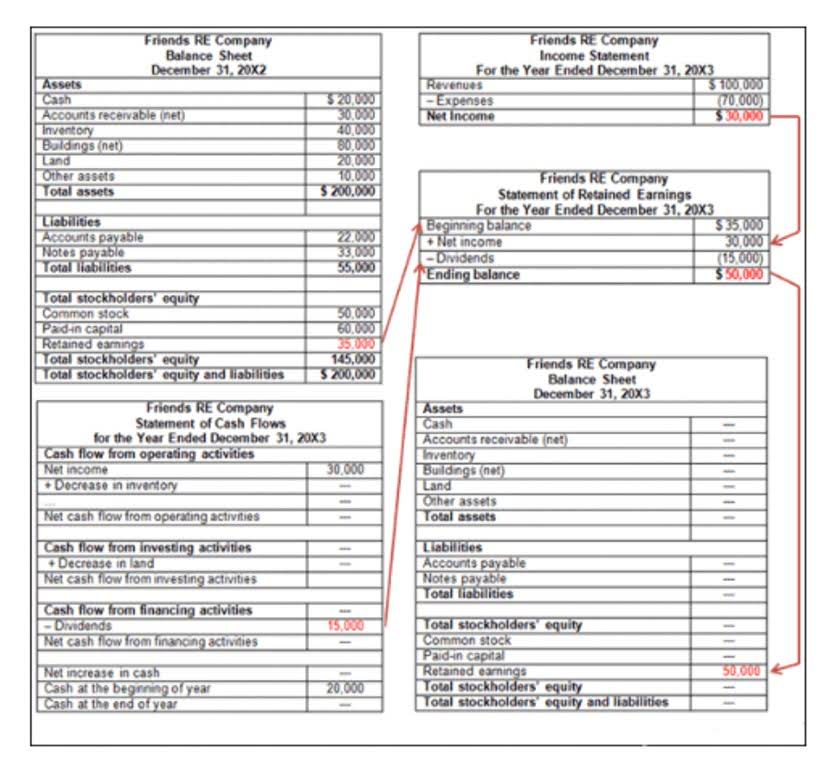
CBT can often be a good first choice for anxiety and depression, while DBT may be more suited to dealing with emotion dysregulation, borderline personality disorder, or thoughts of self-harm. Cognitive behavioral therapy (CBT) is a type of talk therapy that helps people understand how thoughts affect emotions and behaviors. Dialectical Behavior Therapy is a non-medication, 12-session psychological treatment program that’s designed for people who are leading emotionally painful lives and feel like life itself is crushing them. DBT is focused more on how you interact with yourself, dialectical behavioral therapy others, and your environment.
How does DBT work?
Dialectical behavior therapy (DBT) is an evidence-based talk therapy that originated from cognitive behavioral therapy (CBT) but more directly focuses on the needs of those prone to suicide or self-harm. The primary goal of DBT is to help people build a mentally healthy life by improving their ability to manage emotions. DBT individual therapy sessions are typically once per week for an hour each time. The goal of individual therapy is helping the client apply the skills learned in skills training group to current situations and challenges in daily life.
A self-directed mindfulness exercise
DBT’s comprehensive approach makes it effective for treating a range of mental health conditions, including borderline personality disorder (BPD), self-harm, and chronic suicidal ideation. Additionally, its skills-based framework provides clients Sober living home with practical tools that can be applied in real-life situations, fostering long-term resilience and personal growth. DBT includes four behavioral skill modules, with two acceptance-oriented skills (mindfulness and distress tolerance) and two change-oriented skills (emotion regulation and interpersonal effectiveness). Emotional regulation is at the heart of DBT because the therapy was originally developed for treating borderline personality disorder (BPD).
What is Skills Training in DBT?

These large investments of time and resources may be a barrier to treatment for some people. DBT uses a more collaborative approach, allowing clients to work with individual therapists, group leaders, and fellow group therapy members, while therapists also work together. ACT therapy usually takes place in the context of one client and their therapist, though more ACT groups are becoming available and may offer additional support. Emotional regulation skills teach you to understand and manage emotions more effectively. DBT uses techniques such as problem-solving, identifying and labeling emotions, and opposite action.
- DBT therapists work to teach the necessary skills, such as mindfulness and distress tolerance to help balance someone’s emotions and change their thinking.
- Cognitive behavioral therapy (CBT) is a type of talk therapy based on the idea that our thoughts, feelings, and behaviors are all connected.
- Next, we will explore the core principles of Dialectical Behavior Therapy (DBT), outline its key modules, and evaluate its effectiveness in addressing various psychological and relational challenges.
- Counselling Collective is a platform dedicated to empowering individuals with knowledge and insights from psychology.
- This is intended for individuals with Borderline Personality Disorder who have a therapist in the community whom they see at least bi-weekly.
- Whether you’re navigating big emotions, trying to improve your relationships, or just looking for better ways to handle stress, DBT has tools that can help.
- These experiences led her to get a PhD in psychology and create DBT, a more linear treatment.
Benefits of DBT
DBT provides clients with access to their therapist (typically by phone) between therapy sessions. The purpose of these calls is to allow the therapist to coach a client—in real time—through difficult circumstances in which the client can practice their newly learned skills. Dialectical behaviour therapy (DBT) is an evidence-based model of therapy that helps people learn and use new skills and strategies so that they build lives they feel are worth living. But it doesn’t label any negative thoughts and feelings as „wrong.“ Instead, DBT will help you accept that all your thoughts are valid because of who you are and the life experiences that you’ve had.
- „They say things like, ‚I’m stupid,‘ or ‚I can’t control my anger,‘ or ‚No one will ever love me,'“ he says.
- She has been covering health and medical topics as a journalist for over 20 years.
- This might be as simple as engaging in your favorite hobby or self-care activities.

Research shows thathigh sensitivity is likely an innate trait and not a consequence of trauma, although the effect of difficult life experiences may be amplified by high sensitivity. If you’re part of an online support network, fellow group members may have tried-and-true resources they can suggest. Think of it as learning to say, “Hey, I need this,” without guilt or unnecessary apologizing (seriously, you don’t need to say sorry for existing). “Mindfulness is not meditation, it’s the act of being in the moment.” Shelby Finley shares on our DBT podcast episode.








